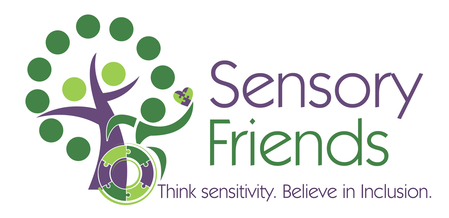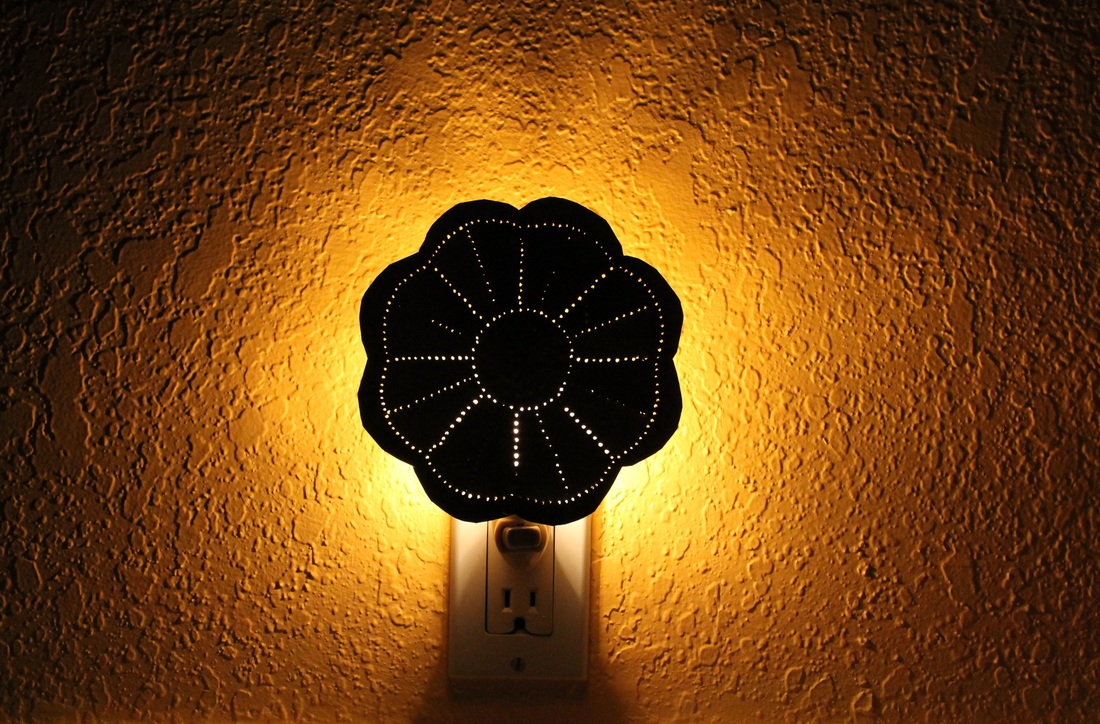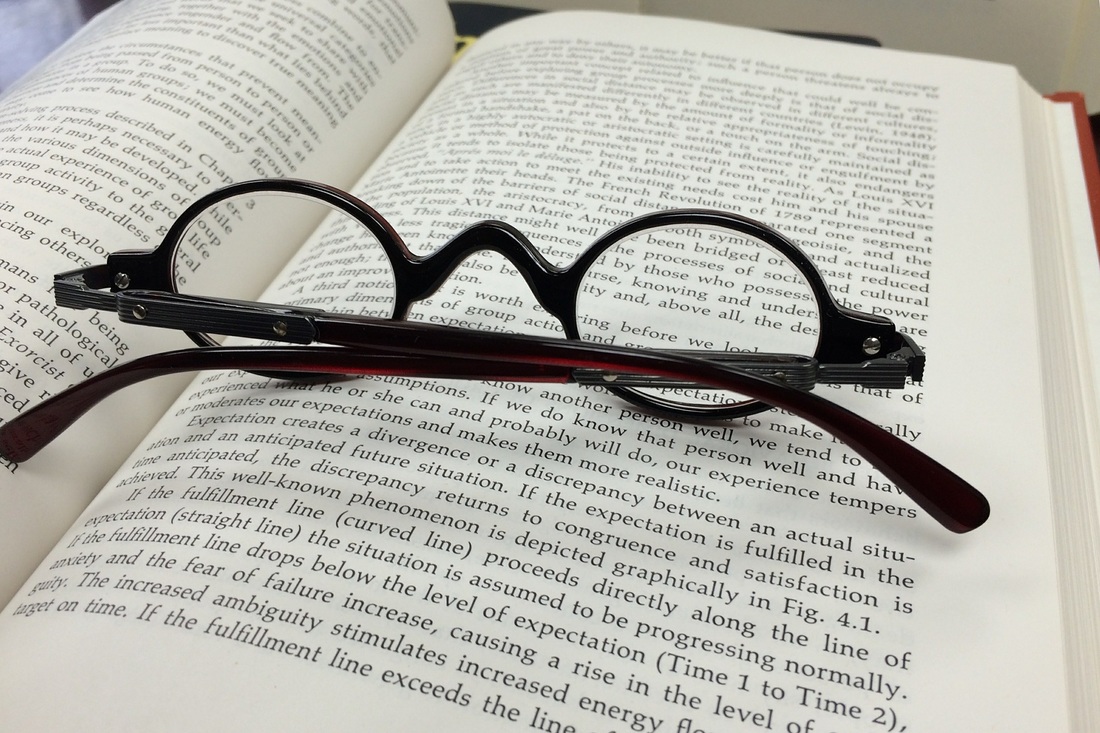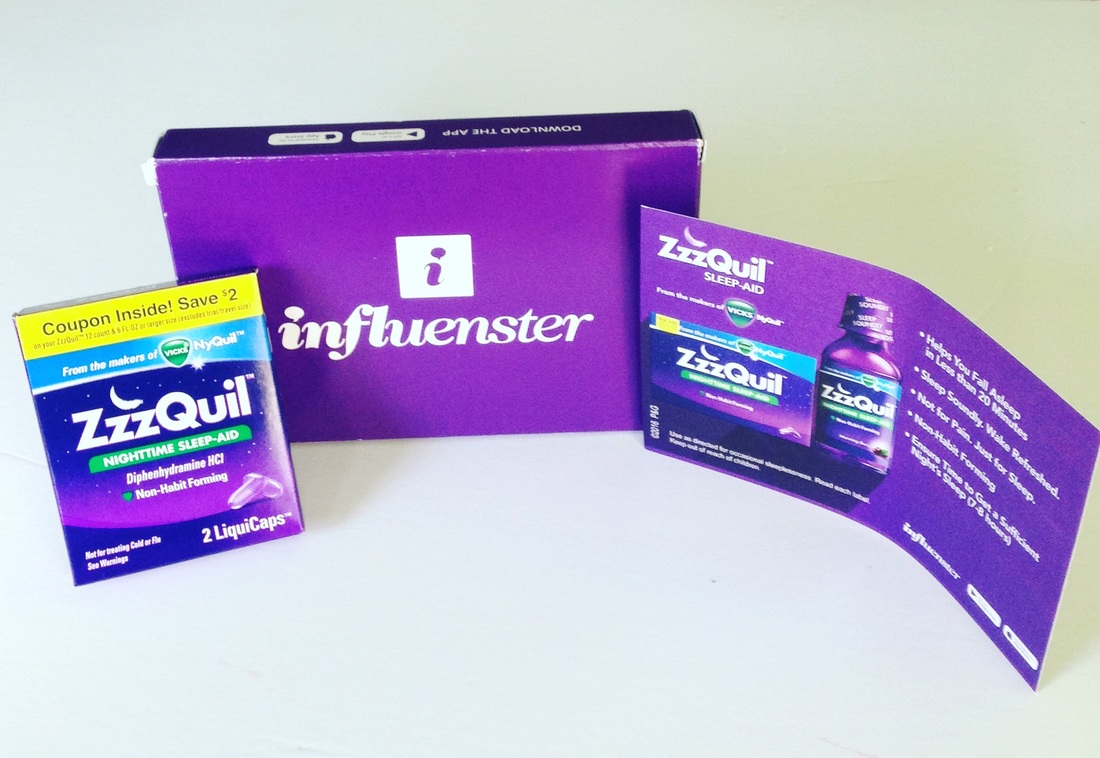Curb Your Caffeine/Nicotine Intake – You may already know that caffeine is a stimulant that keeps us alert, but did you know that it affects your quality of sleep for up to eight to ten hours after drinking it? Studies have shown that smokers are at higher risk of developing sleep apnea (a sleep disorder) and it also disrupts our quality of sleep.
|
If you’re a parent of a child with special needs, then odds are you’re dozing off while trying to read this post! Don’t feel bad, you’re not alone. Raising a child with special needs comes with overwhelming love, but that’s not all. We experience incredibly stressful situations and we are in constant worry mode, which means our mind is always racing even when we’re trying to relax.
Let’s not forget that even during those rare occasions when we are ready for that much needed sleep, our minds won’t let us. My son has autism, but many special needs parents of children with varying disabilities struggle with sleep deprivation. I recommend reading this helpful article (Let’s Get a Good Night’s Sleep). It contains great tips on how to get your child with special needs to sleep – because when your child is not sleeping, you or everyone in your home is not sleeping. Whether it’s spending every waking moment worrying about what to do or what will happen next, restful sleep becomes a hopeful fantasy. Even when your child is fast asleep, you’re up and your mind is racing. What to parents do on those nights when they simply can’t fall asleep?
First, you don’t need anyone to tell you how important sleep is. Many of us know how many hours of sleep we need in order to be able to function at our best. So, here are a few ideas that have helped me recently with my battle for an evening of restful slumber:
Establish a Sleep Routine – You’ll need to get your body into a new sleep routine. Set a time for yourself to go to bed and waking up - but be consistent. I understand this is not always easy, as there will be times when you’re forced to deviate from any routine since children with special needs don’t always follow our desired routine. Still, I write “realistic” because although we sometimes envy those moms and dads who are able to go to bed at 9 pm sharp, some of us simply can't do it. We have to train our minds to stick to a bed-time schedule that fits our natural body clock too.
Embrace and Restrict Natural Sunlight - The warmth and brightness of natural sun rays can help support a natural sleep and wake-up routine. Open up those curtains during the day and spend some time outside in the sun for at least 15 – 20 minutes a day. Our bodies produce a hormone called Melatonin. It’s released by the brain and tells the body when it’s time for rest and sleep. Melatonin levels are highest in our blood stream at night. To help the sleep process along at night, start dimming lights throughout the house as your sleep time nears. Use heavy curtains (especially in your bedroom) that are good for keeping the room dark. Use night-lights throughout the house for moving about.
Limit Late Night Television Watching – As much as we love watching our favorite prime-time television shows, it’s a heavy stimulant for the brain. This makes it difficult for winding down, relaxing and getting ready for bed.
Avoid Late Night Eating or Snacking – Aside from causing some of us issues with indigestion, eating late at night also disrupts your quality of sleep.
Curb Your Caffeine/Nicotine Intake – You may already know that caffeine is a stimulant that keeps us alert, but did you know that it affects your quality of sleep for up to eight to ten hours after drinking it? Studies have shown that smokers are at higher risk of developing sleep apnea (a sleep disorder) and it also disrupts our quality of sleep.
Quiet the Mind – Develop a nightly routine of relaxation steps that work well for you. As parents of children with special needs, we often experience bouts of anxiety that disrupt our sleep. Deep breathing exercises help with calming the racing mind. Try taking a deep 4-count breath through the nose and exhaling 4 counts through the nose. Listening to relaxing music, reading a few pages of your favorite book or magazine, and stretching may also help to relax the mind and body.
Use Natural Sleep Aides – There are over-the-counter products that can also help us relax and get some sleep. Melatonin is a supplement often used for helping anyone who has issues falling asleep. They come in chew-able or pill forms. They come in 1 mg, 3 mg and 5 mg doses, but I suggest starting with 1 mg and slowly increasing your dose to 5 mg if needed. Another wonderful sleep aide is ZzzQuil. I was given a complimentary sample for testing purposes and after using my sleep techniques before bed, I took it. I slept all night without my usual inexplicable wake-up at two am. ZzzQuil is a non-habit forming sleep aide made by a reputable company that can help with improving sleep routines, relaxation and quality of sleep. I wouldn’t use any sleep aide on a permanent basis (many are not meant to be used permanently), but only as a means to retrain your body back into the sleep pattern you desire. Be sure to check with your physician if you are taking other medications before trying something new.
Do you have any other sleeping tips that are not mentioned? Please share what works for you with us!
Sincerely, Christine SensoryFriends
6 Comments
8/19/2016 11:25:23 am
These are excellent tips. Its so very important to have a calm frame of mind when raising a special needs child.
Reply
8/21/2016 02:52:22 am
Great tips. I remember those sleepy days with my little guy running around. He doesn't nap so if I don't get a good nights rest, I'm stuck until his bedtime.
Reply
Your comment will be posted after it is approved.
Leave a Reply. |
Author: Christine Goulbourne
|





 RSS Feed
RSS Feed